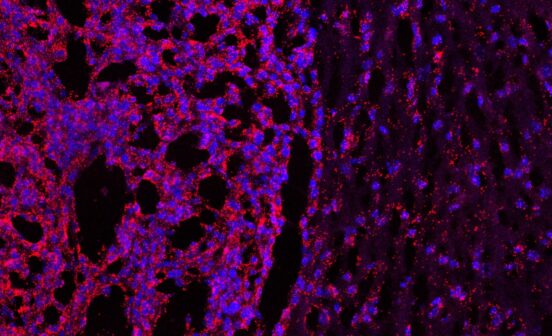Therapeutic Imperial receives approval to begin the world’s first trial of MDMA to treat alcohol addiction
The new trial, led by scientists at Imperial College London aims to test whether controlled doses of MDMA, the active ingredient in ecstasy pills, in conjunction with psychotherapy, could help patients overcome alcohol addiction more effectively than conventional treatments.
Twenty heavy drinkers (defined as consuming the equivalent of five bottles of wine a day on average), who have relapsed into alcoholism repeatedly after trying other forms of treatment will be recruited through the recreational drug and alcohol services.
After the patients have undergone physical detoxification, they will complete an 8-week course of MDMA-assisted psychotherapy where – in 2 of the sessions – they will be given one dose of MDMA in capsule form. During the sessions, patients will spend some time talking to a therapist to improve how they handle the stress and trauma of addiction and they will also spend some time lying down with an eyemask on in a state of quiet meditation. Follow-ups at 3, 6 and 9 months will be completed to assess the potential long-term therapeutic effects.
The research focuses on improving trauma-focused psychotherapy by using psychedelics to enhance the relationship between the therapist and the patient to identify problems that drive long-term mental illness. Previous research has demonstrated that MDMA-enhanced psychotherapy is effective in treating post-traumatic stress disorder (PTSD) in veterans. In addition, 80% of patients with advanced cancer suffering from depression and anxiety demonstrated improvements after being treated with a single high dose of psilocybin, the active ingredient in ‘magic mushrooms’.
This is a proof-of-concept study that will evaluate the safety, feasibility, tolerability and potential role of MDMA-assisted psychotherapy to give a preliminary indication of whether the concept holds therapeutic promise in treating alcohol dependence.





